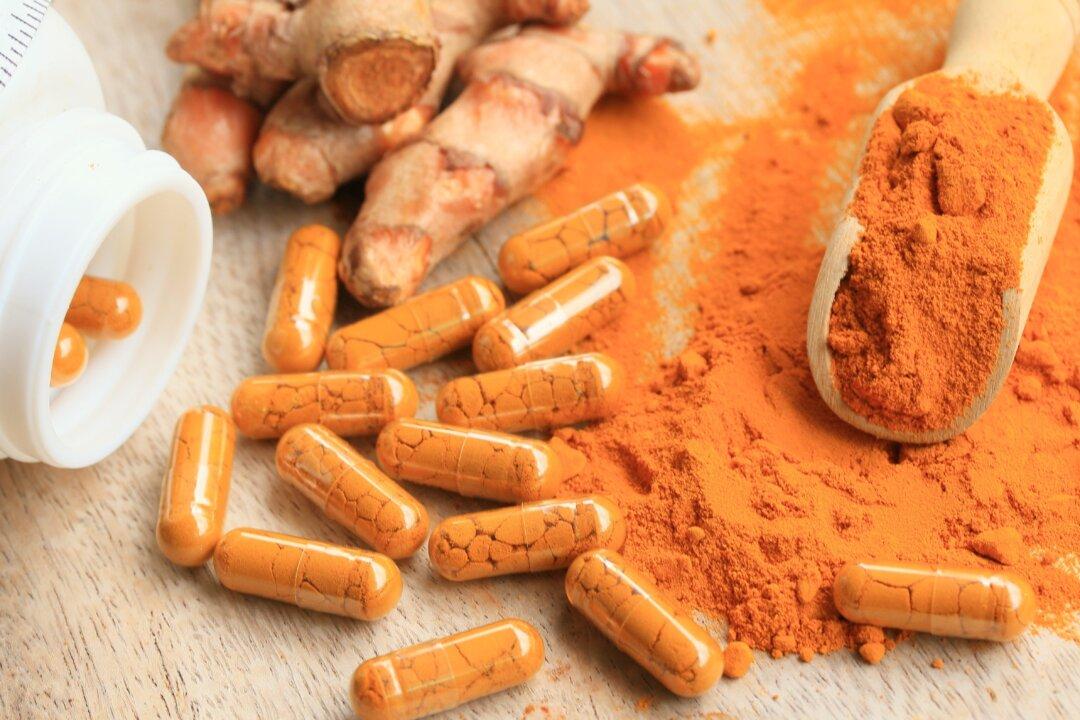A systematic review by the University of Nottingham on Ayurvedic treatments suggests that natural medicine—original to India—may be effective in treating symptoms of type 2 diabetes (T2D), particularly in regulation of blood sugar.
“Current evidence suggests the benefits of a range of Ayurvedic medicines in improving glycemic [blood sugar] control in type 2 diabetes patients,” said Dr. Kaushik Chattopadhyay, lead author of the study.






